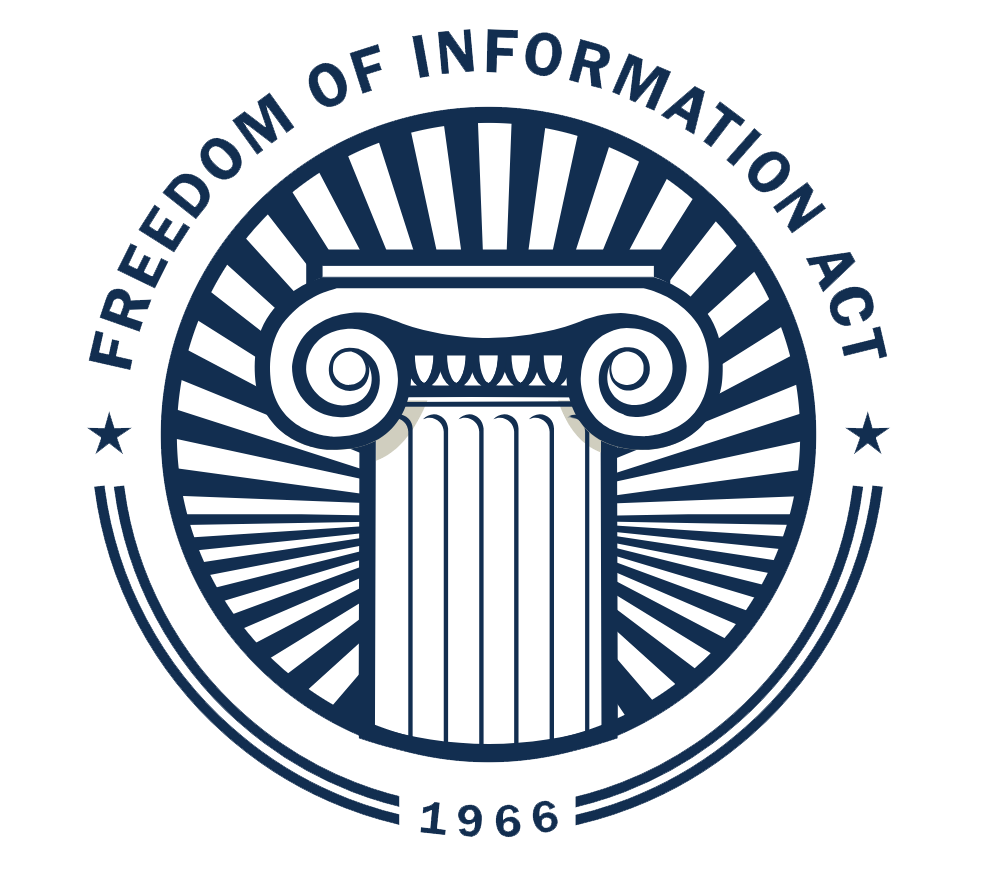IF YOU HAVE AN EMERGENCY OR REQUIRE ASSISTANCE FROM A PUBLIC SAFETY AGENCY, PLEASE DIAL 9-1-1. DO NOT TEXT, OR EMAIL MESSAGE YOUR REQUEST FOR ASSISTANCE.
Calling 9-1-1 - Dispatch 911
9-1-1 Calling Tips
9-1-1 call takers are trained to get the most important information as quickly as possible to get help on the way to an emergency situation. In an emergency situation, allow the call taker to ask you all the questions they need in order to get help there in the timeliest manner before you hang up or leave the phone. If you happen to call by accident, stay on the line until you can tell the call taker that you called by accident and there is no emergency. This saves the call taker from having to call you back and confirm there is no emergency or sending police with lights and sirens to check your address for an emergency.
Staying calm can be one of the most difficult, yet most important, things you do when calling 9-1-1. It is very important that you stay as calm as possible and answer all the questions the 9-1-1 call taker asks. The questions 9-1-1 call takers ask, no matter how irrelevant they seem, are important in helping get the first responders to you as fast as possible.
By doing this, it helps the call taker understand your situation and will assist you with your emergency until the appropriate police, fire or medical units arrive.
The wireless 9-1-1 caller must be aware that the 9-1-1 center that answers the call may not be the 9-1-1 center that services the area that the wireless caller is calling from. Look for landmarks, cross street signs and buildings. Know the name of the city or county you are in. Knowing the location is vital to getting the appropriate police, fire or Ems units to respond. Providing an accurate address is critically important especially when making a wireless 9-1-1 call.
Be sure they know what 9-1-1 is, how to dial from your home and cell phone, and to trust the 9-1-1 call taker. Make sure your child is physically able to reach at least one phone in your home. When calling 9-1-1 your child needs to know their name, parents' name, telephone number, and most importantly their address. Tell them to answer all the call takers questions and to stay on the phone until instructed to hang up.
Posting your 9-1-1 address at the driveway entrance and on your home will alleviate any confusion as to whether emergency responders have the correct location. Try using something reflective or illuminated so that it can be seen in the evening as well as during the day. Do not assume since your mailbox is marked you have posted your address- mailboxes are not always at the entrance of a driveway and usually are not marked clearly on both sides. Please report missing street signs when noted- these not only help others find your home but are essential to emergency response personnel.
Be sure all members of your household are aware that prank or harassing calls to 9-1-1 will be dealt with by local law enforcement agencies.
Educate everyone about the phone system in your home as well as your cell phone. Children may need to use the devices in an emergency and will need to know how to operate them.
If you have a VOIP based telephone, such as vonage, please visit www.911voip.org and review the faq and 9-1-1 tips tab for information on how 9-1-1 works with this technology.
What does 9-1-1 ask when you call?
This allows dispatchers to provide responders to find you in the quickest and most efficient manner.
This allows the dispatcher to determine if you are in need of police, fire or medical attention and to get you the best response in the quickest amount of time possible.
This allows the dispatcher to provide responders a contact person's name for when they arrive on scene.
This allows the dispatcher a number to call back in the event the conversation is disconnected and vital information still needs to be retrieved.
This allows the dispatcher to properly prioritize calls for the quickest and most efficient response.
This allows the dispatcher to send the appropriate number of responding emergency personnel. It also helps the dispatcher determine other available resources that may be needed.
This also allows the dispatcher to send the appropriate number of responding emergency personnel. It also helps the dispatcher determine other available resources that may be needed.
This allows the dispatcher to send the appropriate number of responding emergency personnel. It also helps the dispatcher determine other available resources that may be needed. It is also essential in helping the dispatcher prioritize the call.
Why do I have to give my address and phone number? Doesn't the 9-1-1 computers give that information?
- Our Enhanced 9-1-1 (e911) equipment does provide a great deal of information for 9-1-1 dispatchers. This information is provided with the assistance of the local telephone companies. As with any computer system, errors in data processing can occur, making it essential for the 9-1-1 dispatcher to always verify the callers information each time they call.
- It is also important to remember that an incident does not always occur where the caller is at, thus 9-1-1 dispatchers must verify exactly where the emergency responders need to go. There are also times when callers have moved, but kept their phone numbers. 9-1-1 dispatchers need to verify that all information is correct should a caller need help but is unable to communicate with the dispatcher.

